



















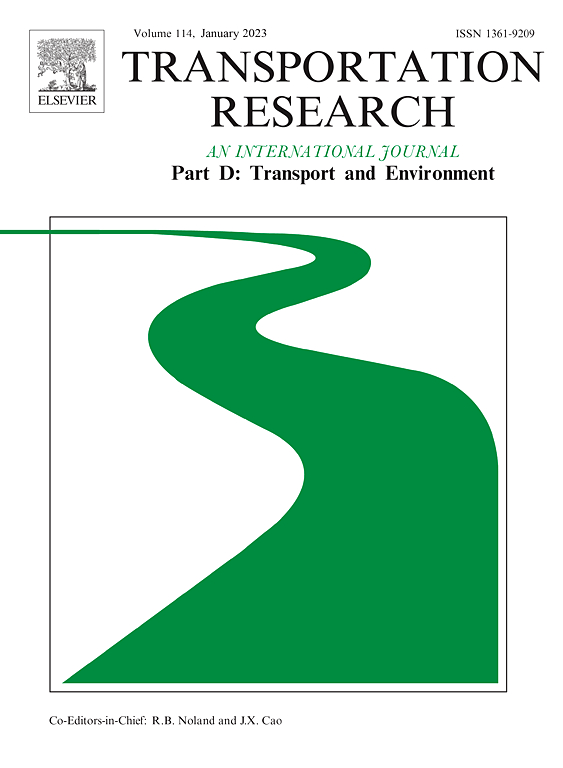 In their new article "Electrifying choices: How electric bicycles impact on mode choice and CO2 emissions", Thomas Hagedorn, Marlena Meier and Jan Wessel analyze (i) the influence of e-bike ownership on transport mode choice and (ii) how a change in e-bike ownership affects CO2 emissions in Germany using longitudinal data from household surveys from 2016 to 2022. The results of the mixed multinomial logit model (MMNL model) show that the change in e-bike ownership significantly affects travel behavior. The net emissions savings per person after acquiring an e-bike amount to 526.9 kg CO2 per person and year, which is roughly 6.6% of the average annual total CO2 emissions per capita in Germany. The article is published in Transportation Research Part D: Transport and Environment.
In their new article "Electrifying choices: How electric bicycles impact on mode choice and CO2 emissions", Thomas Hagedorn, Marlena Meier and Jan Wessel analyze (i) the influence of e-bike ownership on transport mode choice and (ii) how a change in e-bike ownership affects CO2 emissions in Germany using longitudinal data from household surveys from 2016 to 2022. The results of the mixed multinomial logit model (MMNL model) show that the change in e-bike ownership significantly affects travel behavior. The net emissions savings per person after acquiring an e-bike amount to 526.9 kg CO2 per person and year, which is roughly 6.6% of the average annual total CO2 emissions per capita in Germany. The article is published in Transportation Research Part D: Transport and Environment.
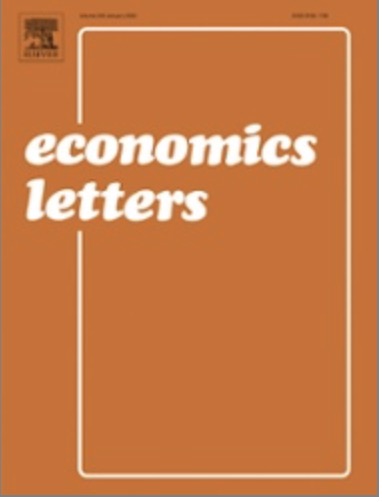 Gernot Sieg from the University of Münster and Berthold U. Wigger from the Karlsruhe Institute of Technology (KIT) introduce the vehicle value externality as a previously unacknowledged cost of car traffic. Unlike established externalities such as emissions or congestion, the vehicle value externality arises from the impact of vehicle value on accident damages. By developing a model linking insurance premiums to this externality and applying it to German car traffic data, the annual aggregate cost are estimated at 10 billion euros in 2021.Since this externality has not been internalized by policy makers so far, too expensive cars are bought in Germany and therefore insurance premiums for cars are too high. The article is published in the journal Economics Letters.
Gernot Sieg from the University of Münster and Berthold U. Wigger from the Karlsruhe Institute of Technology (KIT) introduce the vehicle value externality as a previously unacknowledged cost of car traffic. Unlike established externalities such as emissions or congestion, the vehicle value externality arises from the impact of vehicle value on accident damages. By developing a model linking insurance premiums to this externality and applying it to German car traffic data, the annual aggregate cost are estimated at 10 billion euros in 2021.Since this externality has not been internalized by policy makers so far, too expensive cars are bought in Germany and therefore insurance premiums for cars are too high. The article is published in the journal Economics Letters.
 A speed limit for highways is a highly emotional issue in Germany. Economists should contribute methodologically sound facts. In his new commentary, Gernot Sieg considers which aspects of a cost-benefit analysis for a speed limit by Goessling et al (2023) could be improved. The commentary was recently published in the journal Ecological Economics Link to comment.
A speed limit for highways is a highly emotional issue in Germany. Economists should contribute methodologically sound facts. In his new commentary, Gernot Sieg considers which aspects of a cost-benefit analysis for a speed limit by Goessling et al (2023) could be improved. The commentary was recently published in the journal Ecological Economics Link to comment.
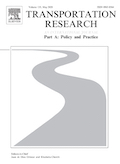 Fuel prices are an important determinant for many people's transport behavior and can influence not only motorized transport, but also the use of other modes of transport. In their new article, Jakob Findenegg and Jan Wessel deal with the question of how fuel prices affect cycling. The article is published in the journal Transportation Research Part A: Policy and Practice.
Fuel prices are an important determinant for many people's transport behavior and can influence not only motorized transport, but also the use of other modes of transport. In their new article, Jakob Findenegg and Jan Wessel deal with the question of how fuel prices affect cycling. The article is published in the journal Transportation Research Part A: Policy and Practice.
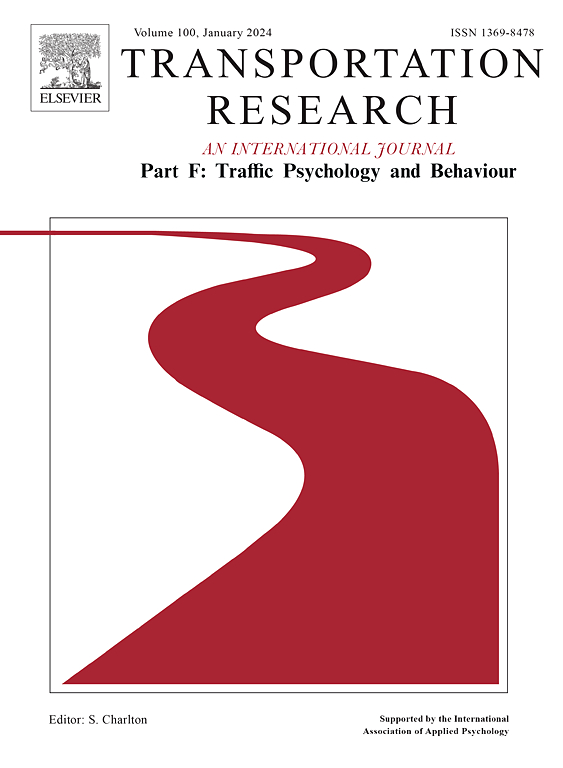
In their new article "More Afraid of the Virus than of Bad Weather? Exploring the link between Weather Conditions and Cycling Volume in German Cities Before and During the COVID-19 Pandemic", Ansgar Hudde and Jan Wessel examine how the COVID-19 pandemic has influenced the relationship between weather and cycling. Based on data from 69 automated bicycle counting stations in Germany, the authors show that the weather sensitivity of cyclists in transit-oriented cities has increased during the Covid-19 pandemic. One reason for this could be that public transport users have switched to cycling due to the increased risk of infection on public transport and that these new cyclists are significantly more sensitive to the weather than long-time cyclists. In more bicycle-oriented (student) cities, on the other hand, the weather sensitivity of cyclists has not changed during the Covid-19 pandemic.
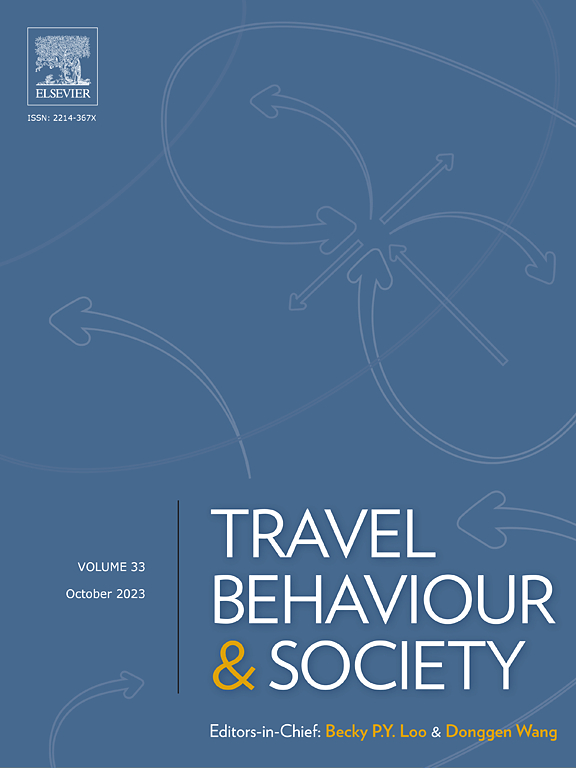 Increasing cycling attractiveness is essential for city planners to enable more sustainable mobility. One way to improve cycling quality is to reduce the frequency of stopping, thereby enhancing cycling flow. Against this backdrop, the city of Münster installed an open-source green wave assistant designed specifically for cyclists, located 110 meters in front of the traffic lights. In their new article "Riding the Green Wave - How Countdown Timers at Bicycle Traffic Lights Impact on Cycling Behavior", Christina Brand, Thomas Hagedorn, Till Kösters, Marlena Meier, Gernot Sieg and Jan Wesse analyze the impact of the Leezenflow system. The article is published in Travel Behavior and Society.
Increasing cycling attractiveness is essential for city planners to enable more sustainable mobility. One way to improve cycling quality is to reduce the frequency of stopping, thereby enhancing cycling flow. Against this backdrop, the city of Münster installed an open-source green wave assistant designed specifically for cyclists, located 110 meters in front of the traffic lights. In their new article "Riding the Green Wave - How Countdown Timers at Bicycle Traffic Lights Impact on Cycling Behavior", Christina Brand, Thomas Hagedorn, Till Kösters, Marlena Meier, Gernot Sieg and Jan Wesse analyze the impact of the Leezenflow system. The article is published in Travel Behavior and Society.

The annual conference of the International Transport Economics Association (ITEA) was held at the University of Cantabria in Santander, Spain, from June 14-16, 2023. Participants of the conference are researchers and specialists in the field of transport economics. Among all scientific submissions, 155 transport economics papers were selected for presentation at the conference this year. A highlight of the conference was the award ceremony for the best papers, where Dr. Jan Wessel from the Institute of Transport Economics at WWU Münster was awarded the "Richard J. Arnott Best Paper by a Junior Researcher Prize".
His research, entitled "Space Wars - Finding an Economically Efficient Allocation of Street Space Across Different Transport Modes," examines the economically efficient allocation of street space. Through a theoretical model of transportation mode choice and extensive simulations for the cities of Berlin and New York City, the study shows that reallocating street space from cars and parking in favor of buses and especially bicycles can increase the economic efficiency of the transportation system. The paper thus makes an important contribution to the current debate on the distribution of road space.
 Grandfather rights require airlines to operate at least 80 % of their slots, if they are to keep them in the next scheduling period. To prevent losing slots, the airlines may operate slot-rescue flights, an airline strategy called slot hoarding. This behavior was made public in 2022 by the CEO of the German Lufthansa AG, Carsten Spohr: “We have to operate 18,000 additional, unnecessary flights during the winter, purely to secure our slots”. In their new article Till Kösters, Marlena Meier and Gernot Sieg model strategies of a monopolistic airline which chooses between long-haul and short-haul flights at a slot-coordinated airport. The article is published in the journal Transportation Research Part D: Transport and Environment.
Grandfather rights require airlines to operate at least 80 % of their slots, if they are to keep them in the next scheduling period. To prevent losing slots, the airlines may operate slot-rescue flights, an airline strategy called slot hoarding. This behavior was made public in 2022 by the CEO of the German Lufthansa AG, Carsten Spohr: “We have to operate 18,000 additional, unnecessary flights during the winter, purely to secure our slots”. In their new article Till Kösters, Marlena Meier and Gernot Sieg model strategies of a monopolistic airline which chooses between long-haul and short-haul flights at a slot-coordinated airport. The article is published in the journal Transportation Research Part D: Transport and Environment.
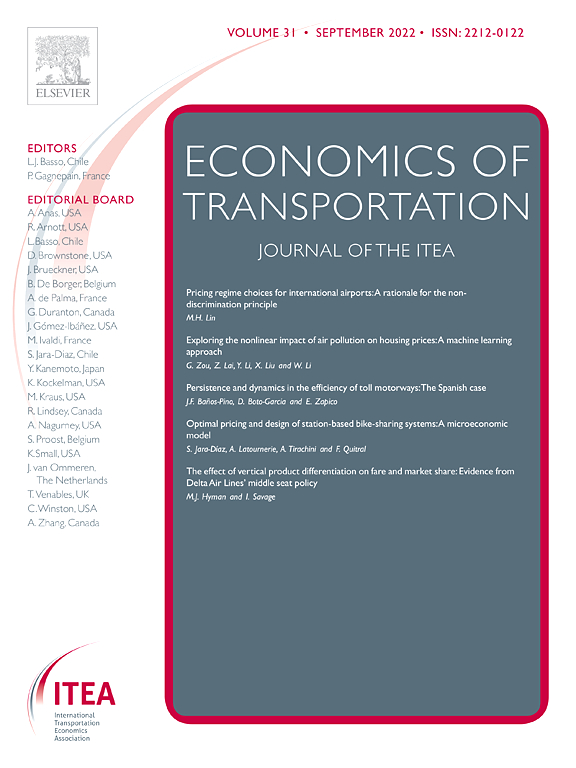
Tax cuts are a frequently used instrument to stimulate demand. However, this goal can only be achieved if the tax cut is actually passed through to consumers. Against this backdrop, Gernot Sieg and Jan Wessel analyze in a recent paper how the VAT reduction in German long-distance passenger rail transport as of January 1, 2020, was passed through to Deutsche Bahn's customers. The article is published in the journal Economics of Transportation.